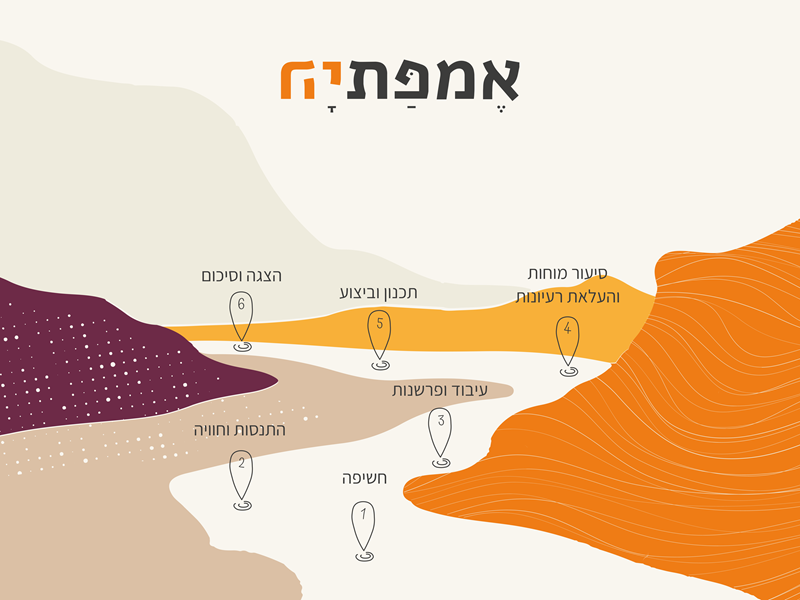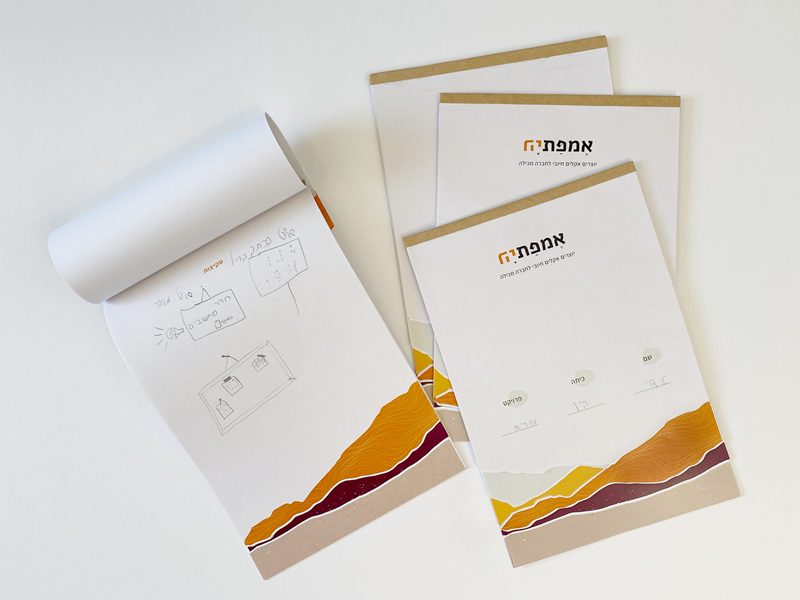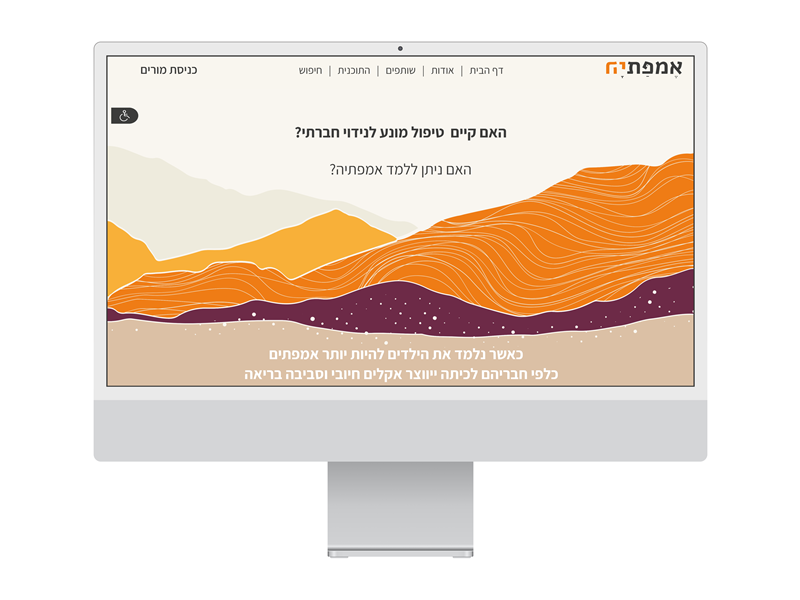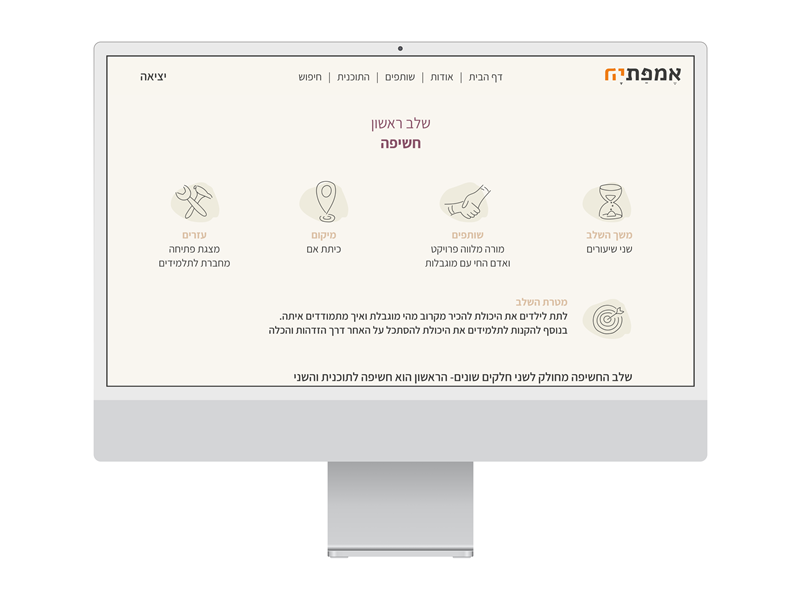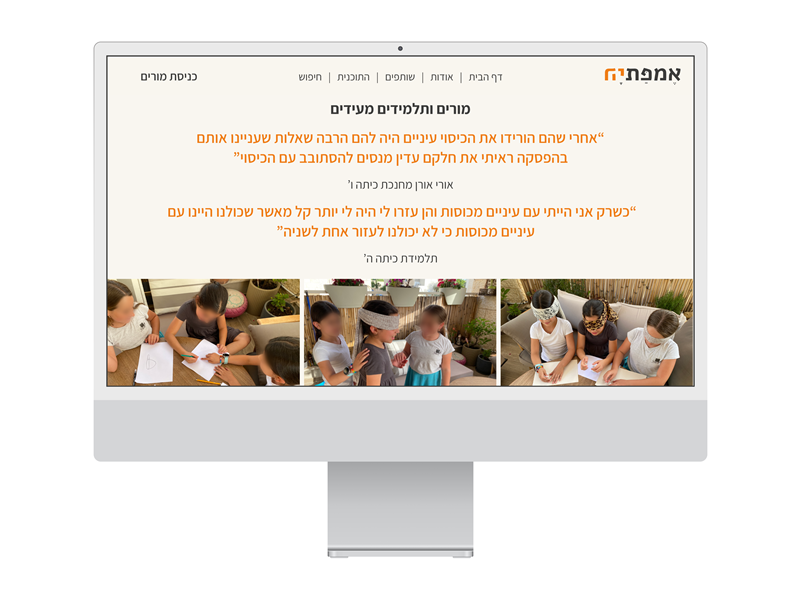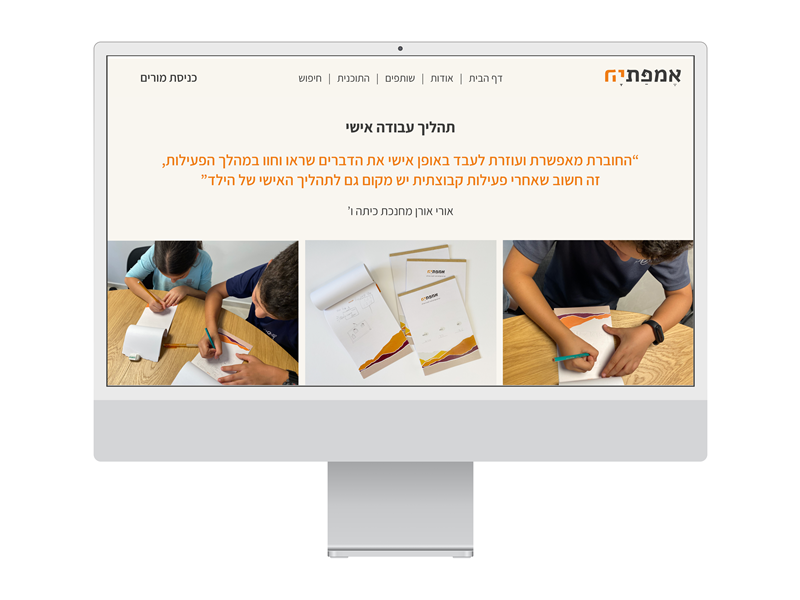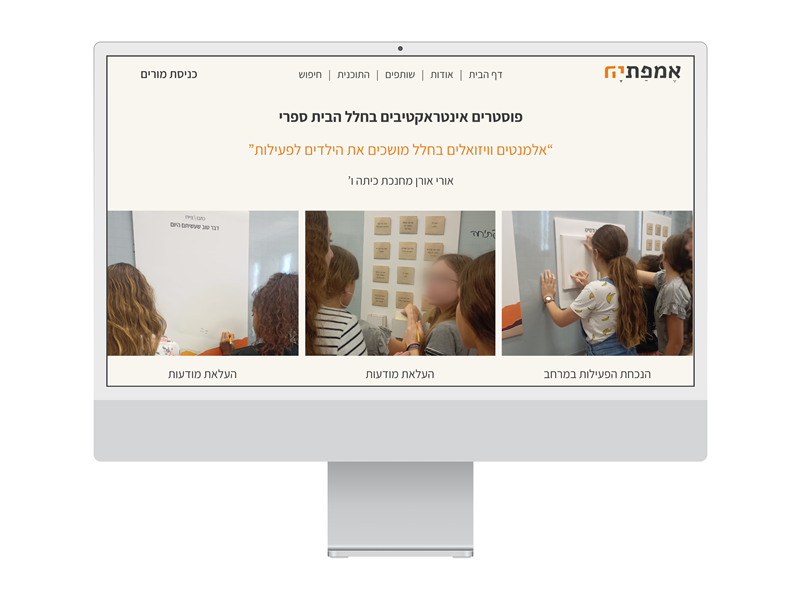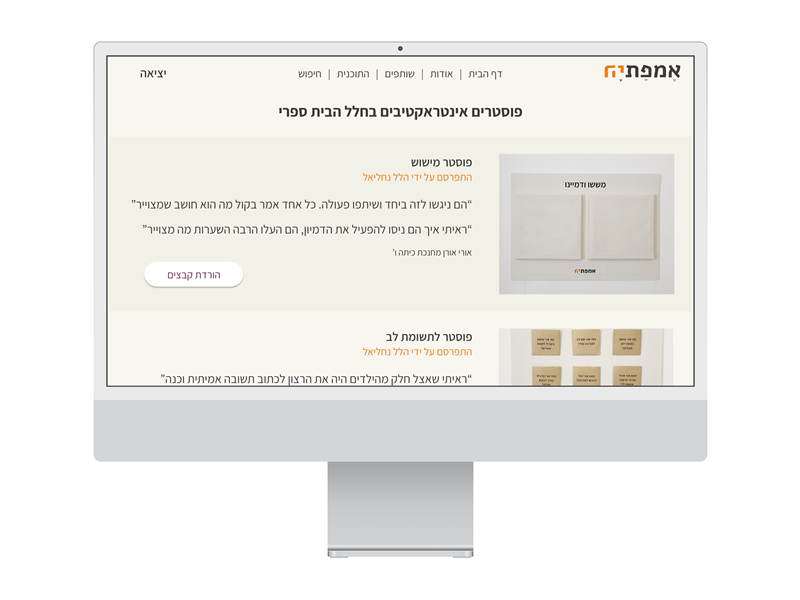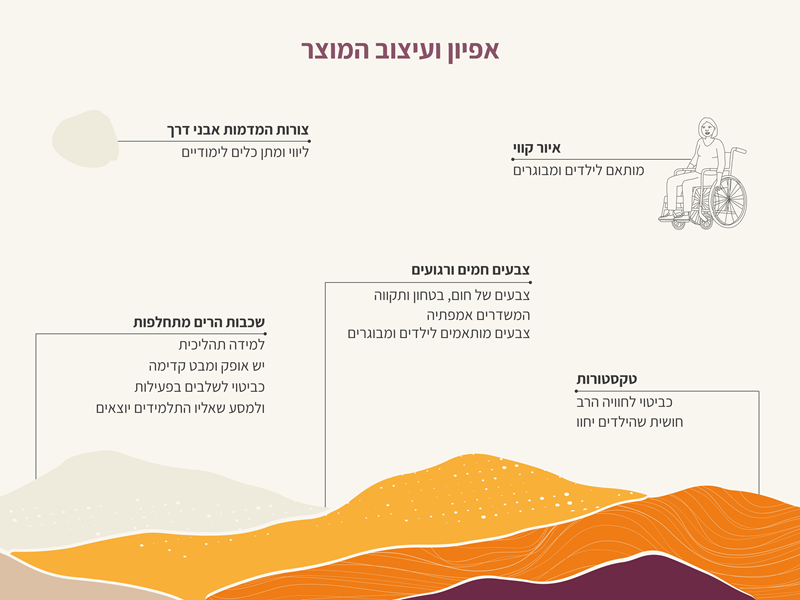Social exclusion and ostracization are frequent occurrences in school. However, schools do have the power to prevent this phenomenon. Educators attest that schools that make efforts to improve social climate see a direct impact that reduces social exclusion among pupils.
Studies show that people with a high level of empathy are more sensitized to the environment. Empathy is like a muscle that can be trained and developed. When we are more empathetic to the people around us, we become more sensitive, less aggressive, and less violent.
